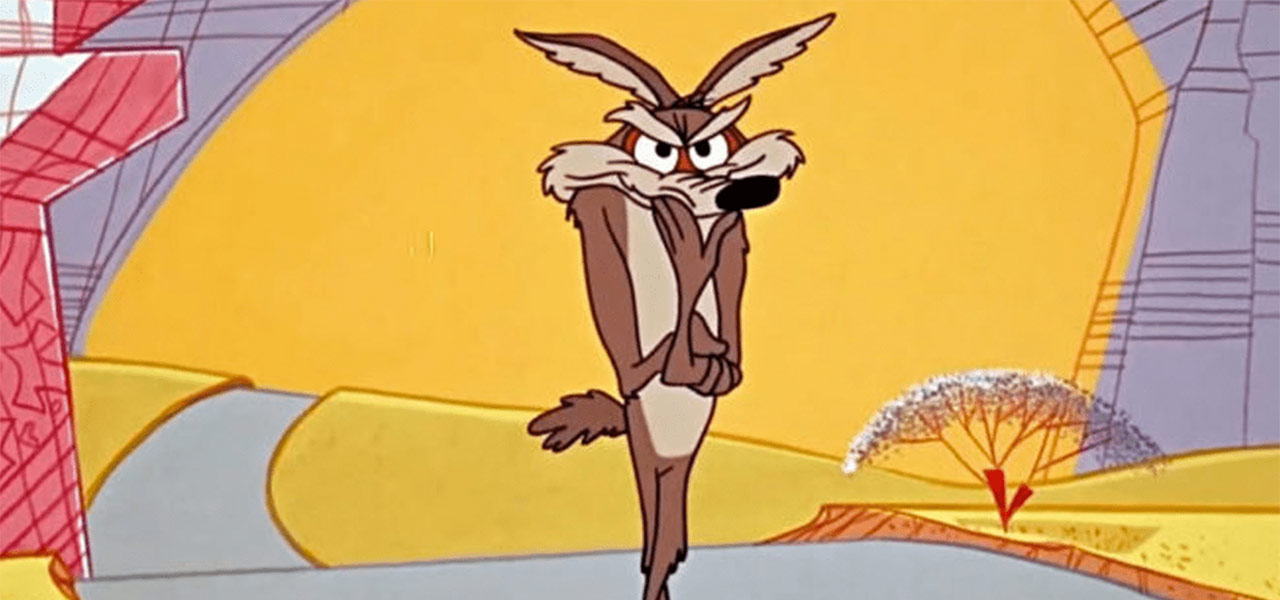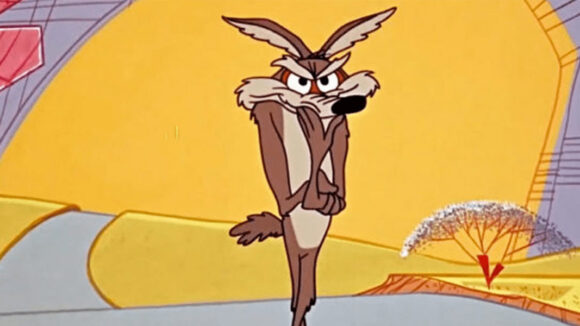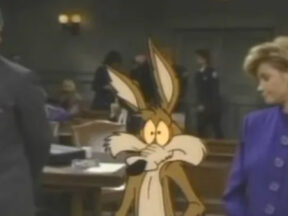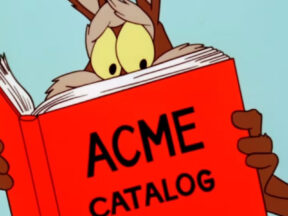

I Saw ‘Coyote Vs. Acme’ And It’s As Wonderful As Everyone Says It Is
Over the last week, Warner Bros. has created one of the greatest anti-marketing advertising campaigns in film history, and to their credit, they did it with zero media spend.
Coyote vs. Acme went overnight from being a film that wasn’t on anyone’s radar to the most buzzed-about picture in Hollywood. The studio’s imprudent decision to can the fully-finished film for a tax write-off has generated the kind of widespread awareness that other films can only dream of, from cartoon fans campaigning on the movie’s behalf to discussions in the halls of U.S. Congress.
When I scored a last-minute invite to a screening of the film, I was predisposed to liking it simply on principle. Filmmakers go through hell to make studio films with the tacit understanding that the general public gets to decide their fate. It’s perhaps the only deal that’s still sacrosanct in Hollywood.
But my predisposition to enjoying it was also a self-defense mechanism to protect myself from disappointment. Anyone who knows the track record of hybrid animated films with classic characters knows that this road isn’t exactly paved with gold. If I want to be frank, there’s Who Framed Roger Rabbit and then there’s everything else.
After seeing the film, I’m ready to rewrite my list. Dave Green’s Coyote vs. Acme isn’t merely good or above-average – it is SUPERB! In a Looney Tunes film, you expect gags, laughs, slapstick, and broad visual comedy, and this film delivers on that promise in the most satisfying ways possible. But you know what you don’t expect? Feeling so deeply for a character that you have to hold back tears. This is as rich a psychological portrait of a cartoon character that has ever been put onto film and it delivers the kind of emotional gut punch that in all my years of loving Looney Tunes I never believed was even possible.
Too often today, studios treat classic characters as branding exercises. Slap a character on a T-shirt, have them pop up in a film, and call it the day. The mere appearance of a character, the thinking goes, is enough to deliver a nostalgic feel-good dopamine hit. But it’s an approach of diminishing returns. As time goes on, younger viewers who have only been exposed to the corporate icon are more likely to be perplexed than entertained by who’s onscreen, while the adults wonder why they don’t enjoy the character they once loved dearly.
Certainly, it’s not how the creators conceived these characters, and especially not Chuck Jones, who more than any other creator during the Golden Age of Hollywood animation, confronted his messy insecurities, struggles, and desires through his characters onscreen. Jones’s characters are among the most psychologically rich and complex character studies in animation history, and perhaps none moreso than Wile E. Coyote.
In Coyote vs. Acme, the filmmakers don’t shy away from Jones’s pathological conception of the coyote. Director Dave Green and screenwriter Samy Burch understand the character inside and out; they empathize with his hapless plight and compel the viewer to see the character anew. It’s this character-driven thrust that sets the film apart from so many other attempts of its kind.
There’s much more to say about the film, and I look forward to being a part of that conversation when everyone can see it. But if I may be bold, I’m going to take a page out of Wile E. Coyote’s playbook and offer my personal blueprint for what can happen next:
1. Executives at Warner Bros. are going to rewatch this film with a fresh eye. Any streamer would be lucky to get their hands on this film, but why shop it around when you’ve created the perfect Warner Bros. film and can take all the glory?
2. They’re going to release it into theaters in summer 2024. It’s not often that you create a Barbie-level audience pleaser, and it’s even less often that you have the opportunity to release it on the 75th anniversary of a character’s creation.
3. Coyote vs. Acme sets a new standard for Looney Tunes films. If WB consistently hits this mark with future Looney Tunes efforts, they’ve got a new four-quadrant franchise on their hands and they’ll be “cracking” a lot more than just kids.

.png)


